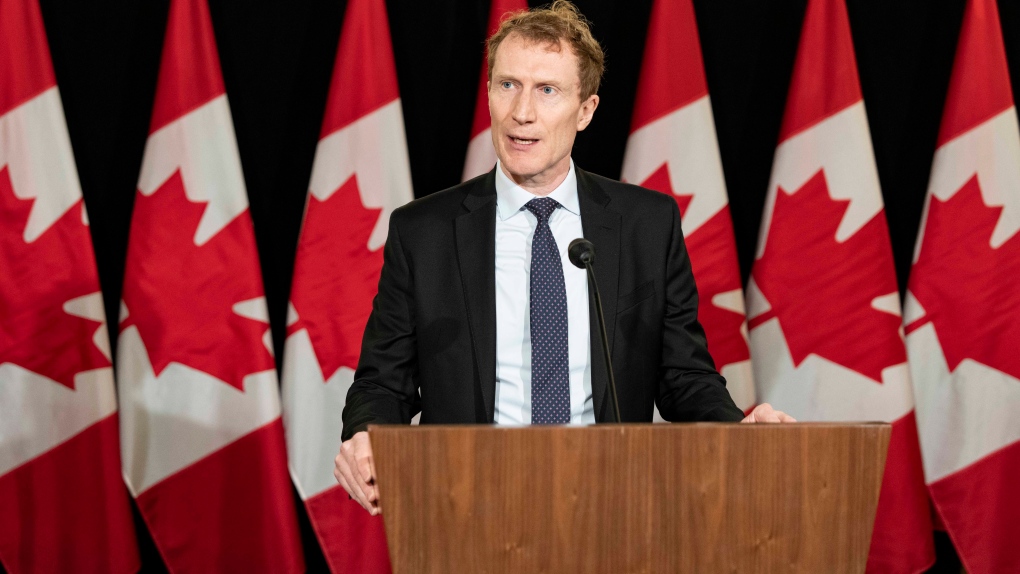
Canada Weighs Reducing Work Visas for Foreign Students Amid Rising Challenges
Canada is contemplating significant changes to its long-term visa program for international students, hinting at a move towards more controlled immigration and tempered population growth. This potential policy shift is driven by escalating living costs, housing shortages, and increasing unemployment pressures.
Immigration Minister Marc Miller, as reported by Bloomberg, conveyed that the government is in collaboration with provincial authorities to better align immigration policies with labor market needs. Traditionally, Canada has leveraged its educational institutions to attract skilled, working-age immigrants. However, Miller pointed out that obtaining a study visa should not automatically guarantee future residency or citizenship.
“People should come here to educate themselves and perhaps return home to apply those skills in their country,” he remarked. “That hasn’t always been the recent case.”
Earlier this year, Canada imposed a cap on the number of international student visas, forecasting fewer than 300,000 new permits this year compared to 437,000 the previous year. This cap aims to refine the process of deciding which students are granted residency after completing their education.
Miller stressed the importance of ensuring that job opportunities for international students match their qualifications. He also underscored the necessity of carefully allocating post-graduate work permits, especially in light of labor shortages in certain provinces.
“The logic for having uncapped or uncontrolled draws from abroad is no longer there,” he emphasized.
Data shows a substantial increase in the number of Canadians holding post-graduate work permits, reaching 132,000 new holders in 2022, a 78% rise from four years earlier. This trend highlights the urgent need for a more strategic approach to managing post-graduate work permits.
In parallel, the government is reviewing the temporary foreign worker program, which has been criticized for misuse. Miller aims to decrease the proportion of temporary residents in the country from nearly 7% to 5%.
These changes have sparked concerns that Canada might become less inviting to international students. However, Miller argues that this shift will ensure study visas are seen as genuine educational opportunities rather than shortcuts to permanent residency.
Miller also expressed concerns about the growing racism in Canada, particularly in areas with large immigrant populations. He acknowledged that the country’s strong consensus on immigration is beginning to fray, an issue the government is keen to address.
As Canada navigates these policy changes, the focus remains on balancing the need for skilled immigrants with the economic and social challenges currently facing the nation. The evolving approach to international student visas is a testament to this delicate balancing act.
The nuanced approach to international student visas and work permits reflects Canada’s broader strategy of ensuring that its immigration policies are sustainable, fair, and aligned with the country’s economic and social needs. This recalibration is essential for maintaining the integrity and effectiveness of Canada’s immigration system in the long term.







